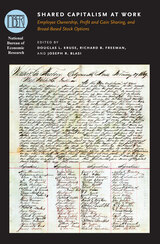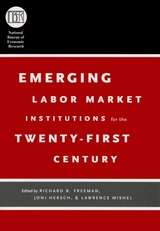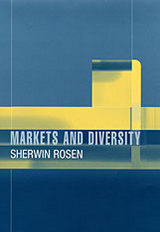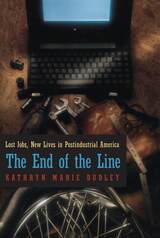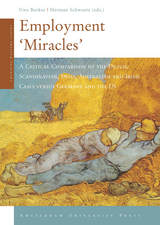eISBN: 978-0-674-04289-6 | Paper: 978-0-674-01075-8
Library of Congress Classification HD5706.R67 2004
Dewey Decimal Classification 331.1
A staunch neoclassical economist, Sherwin Rosen drew inspiration from Adam Smith's Wealth of Nations, particularly his theory of compensating wage differentials, which Rosen felt was central to all economic problems involving product differentiation and spatial considerations. The main theme of his collection is how markets handle diversity, including the determination of value in the presence of diversity, the allocation of idiosyncratic buyers to specialized sellers, and the effects of heterogeneity and sorting on inequality.
Rosen felt that good economics required combining simple but powerful concepts such as optimizing and equilibrium with careful empirical analysis. It was important for the relatively simple rules of behavior implied by rationality to have useful, empirically descriptive content and predictive power. If they did, it was often possible to infer underlying structure (tastes and technology, for example) from actual behavior. Using this approach, Rosen was able to develop powerful insights into such phenomena as the enormous salaries paid to sports and entertainment stars and top business executives. He also explored with fruitful results the premium paid to workers in risky jobs, learning and experience in the labor market, and other labor market phenomena.
See other books on: Diversity | Diversity in the workplace | Labor market | Markets | Rosen, Sherwin
See other titles from Harvard University Press





